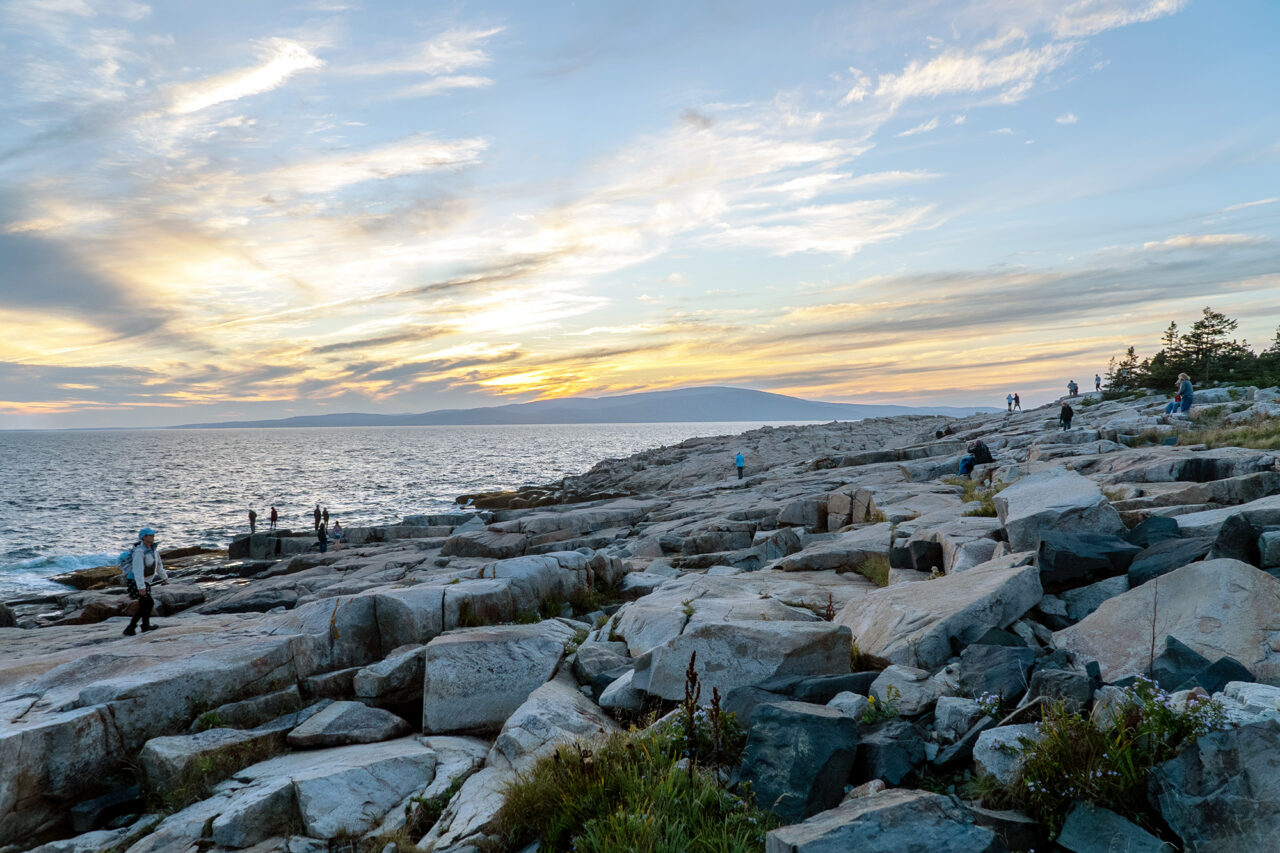Tapping into Local Phenomena in Science Education
Posted on

What do sea smoke(opens in a new tab), the northern lights(opens in a new tab), and Thunder Hole(opens in a new tab) have in common? Although they are all examples of amazing natural occurrences you can experience here in Maine, they are also examples of scientific phenomena. The term phenomena (plural of phenomenon) is used to identify observable events that can serve as engaging jumping off points for observation and scientific inquiry.
At MMSA, our science professional learning offerings emphasize phenomena and design problems as the driving force of science instruction, aligning with Next Generation Science Standards (NGSS) and high-quality instructional materials, such as those from OpenSciEd for example. This phenomena-focused approach makes learning more equitable, engaging, and relatable by connecting to students’ experiences and interests, while fostering curiosity, inquiry, and agency as they make sense of the world. It’s how we transform classrooms from “learning about science” to “doing science.”
Many initiatives and projects at MMSA also center phenomena as a way to encourage students to make sense of their immediate environments. In one project, Sensemaking about Place (SaP), researchers and staff partner with rural teachers across the state to adapt curriculum to their local context, making lessons authentic and relevant to their students.
Teacher participants in the SaP project are encouraged to think of ways to incorporate aspects of students’ lived experiences into their phenomena-based investigations, by asking guiding questions, for example.
“I encourage students to look at nature. What is something we can marvel at there? Dig into that, and see what it is; hopefully we can tie in some sort of phenomena,” one teacher participant said. “Right in our own town we have this huge rock that has a crack in it. Again, how did this end up here? Why?”
SaP educator participants are working with an adaptable curriculum previously developed by the PeBLES2 project(opens in a new tab). These resources are now freely available and include adaptation examples(opens in a new tab), which can help contextualize the lesson materials. As a part of the SaP project, teacher participants will contribute their own place-based materials to this library.
Not only is SaP providing opportunities for students and teachers to explore science through local phenomena here in Maine, the project also has partnerships with teachers and researchers in Hawaii and Montana.
Although SaP is no longer recruiting participants, MMSA offers ongoing workshops and professional learning that help educators design science experiences where engaging with phenomena drives student learning. Learn more about our science support for schools and districts.